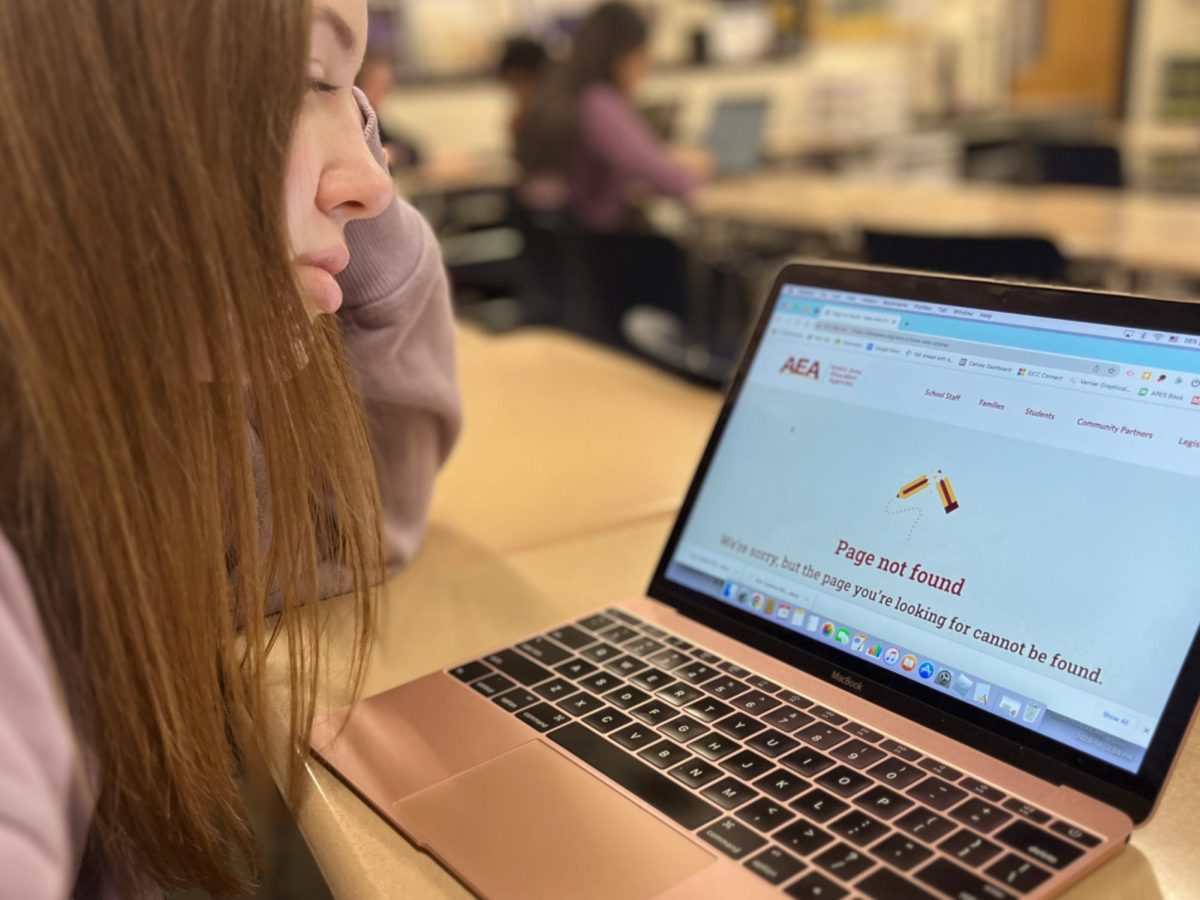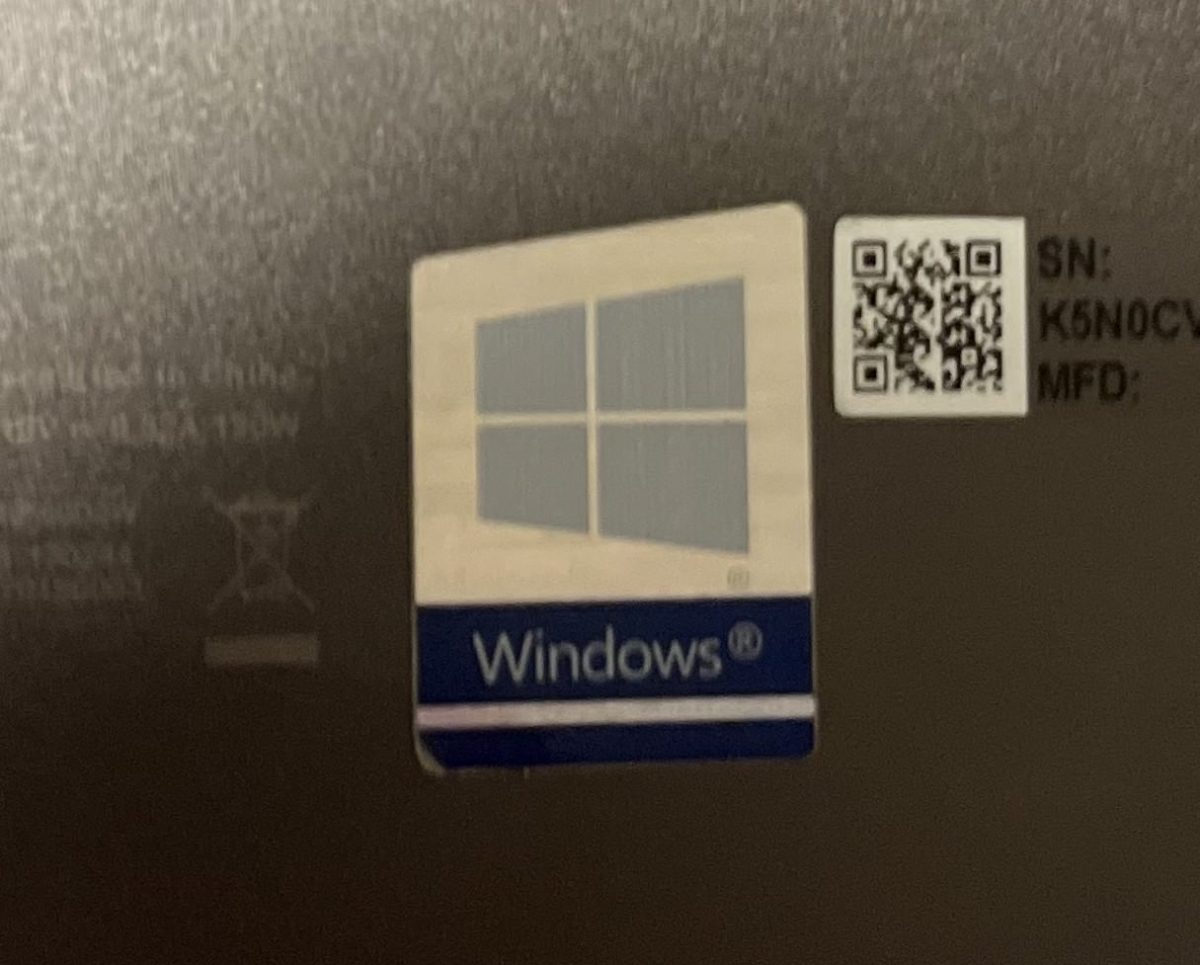Vaping-related lung illness, a rising epidemic in the American young adult community, has begun to take lives across the country.
A Kansas woman is the sixth person in the country to die from vaping-related illness. The woman had a history of underlying health problems, but her symptoms were vaping-related and quickly intensified before her death. Many patients who contracted these illnesses had reported using vaping products containing THC. Health officials began investigating the common cause of these deadly illnesses and whether or not THC products are connected to them.
As of Sept. 11, 2019, 380 cases of lung disease associated with vaping were confirmed. Most patients reported using both nicotine and THC products. Nicotine is an addictive chemical found in tobacco and vaping products, and THC is an active chemical in cannabis. Health professionals have not confirmed any specific vaping product to be responsible for causing lung disease.
About this growing issue, one anonymous student said, “I know that vaping can lead to health problems, I knew that before I started vaping. I just don’t think about it and do it anyway.” They explained that they began vaping as an underclassman and have not stopped since, due to the highly addictive properties of nicotine.
One primary concern with health officials has been underaged teenagers purchasing counterfeit vaping products. Because most highschoolers are under 18, many will pay upperclassmen to purchase vaping products for them. Officials have discouraged buying vaping products off of the streets and modifying products themselves.
Underaged vaping has proven to be an increasing concern for high school administrators.
Deputy Fah said, “Most of the kids I interact with don’t understand the full spectrum of health problems that come with vaping or never considered it.”
Pleasant Valley High School began battling this epidemic by campaigning with posters placed around the school with facts about the dangerous health effects in order to discourage vaping.
About this campaign, Fah stated, “Any time we can give accurate, confirmed information to students from the CDC(Centers for Disease Control and Prevention) it’s a positive thing. Many students rely on social media or peer groups for information, which are not reliable sources.”
Legal officials have proposed significant restrictions on flavored vaping products and e-cigarette models from corporations such as Juul Labs Inc. The Trump Administration announced their plan this week to ban flavored e-cigarettes from the market in an effort to keep them out of young hands and reduce the spread of vaping-related illness.
About Trump’s ban on flavored e-cigarettes, another anonymous student said, “It makes sense to ban flavored vapes like Juuls. A lot of kids our age like buying fruity flavors like mango, but I’m not sure if it will make fewer kids vape since a lot of them just do it for the nicotine.”








